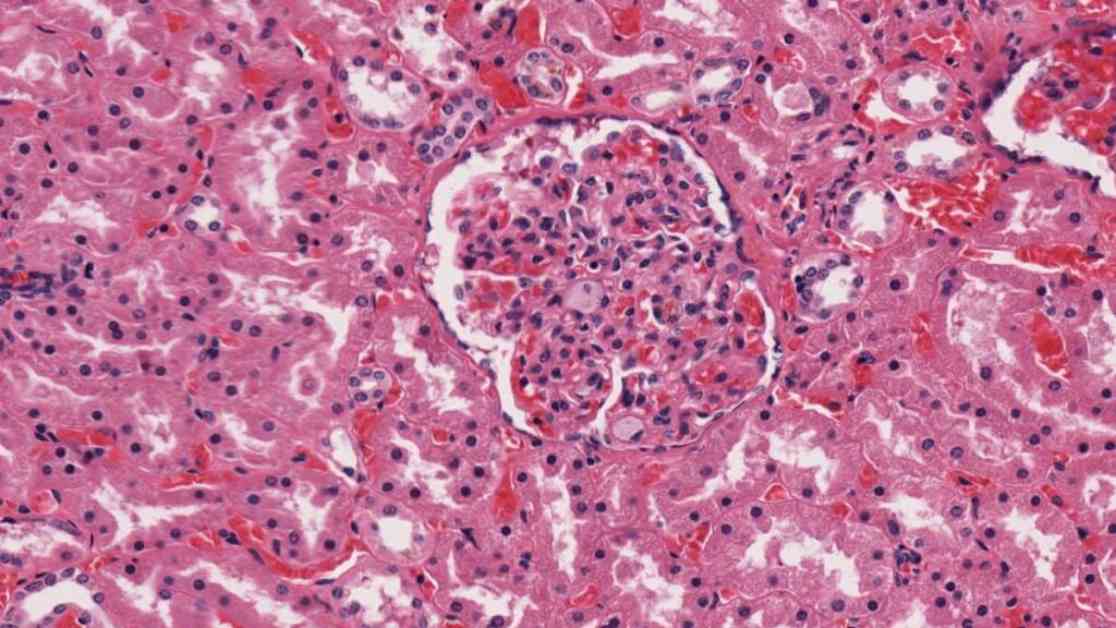The Food and Drug Administration has officially approved the first drug for Niemann-Pick disease, type C, marking a significant milestone in the treatment of this rare neurological condition. The approval of this drug, known chemically as arimoclomol and now marketed as Miplyffa, comes after years of advocacy and drug development efforts by scientists, companies, and parents of children with the disease.
Niemann-Pick disease, type C, also known as NPC, is a slow-moving condition that can present with a variety of symptoms in different patients, including motor deficits, cognitive deficits, seizures, and difficulty hearing and swallowing. This diversity of symptoms makes it challenging to develop effective treatments and demonstrate their impact over time, particularly if the effects are modest.
The development of Miplyffa was a result of collaborative efforts between researchers, pharmaceutical companies, and patient advocates who pushed for more focus on Niemann-Pick disease. Clinical trials for the drug began around a decade ago, with three companies testing different compounds to address the condition. While these initial trials had mixed results, the approval of Miplyffa represents a significant breakthrough in the field of rare disease treatment.
One of the key challenges in developing treatments for rare diseases like Niemann-Pick type C is the limited understanding of the condition and its progression. Patients with NPC often face a long and difficult journey in search of effective therapies, making the approval of Miplyffa a beacon of hope for those affected by this rare disorder.
The approval of Miplyffa is a testament to the power of collaboration between patients, researchers, and pharmaceutical companies in advancing medical science and bringing new treatments to those in need. It serves as a reminder of the importance of advocacy and innovation in addressing rare diseases and improving the lives of patients worldwide.
Impact on Patients and Families
The approval of Miplyffa has the potential to significantly impact the lives of patients with Niemann-Pick disease, type C, and their families. For many individuals living with NPC, the lack of effective treatments has been a source of frustration and despair. The approval of Miplyffa offers hope for a brighter future and the possibility of improved outcomes for those affected by this rare condition.
Families of patients with Niemann-Pick disease have been instrumental in driving research and development efforts for new treatments. Their advocacy and perseverance have played a critical role in bringing Miplyffa to market and providing a much-needed treatment option for individuals with NPC. The approval of this drug is a testament to the power of patient engagement and the impact that can be achieved through collaboration between patients, researchers, and industry partners.
Future Directions in Research and Treatment
The approval of Miplyffa for Niemann-Pick disease, type C, represents a significant step forward in the field of rare disease treatment. Moving forward, researchers and pharmaceutical companies are likely to continue exploring new avenues for the development of therapies for NPC and other rare neurological conditions.
The success of Miplyffa serves as a model for future drug development efforts in rare diseases, highlighting the importance of collaboration, innovation, and patient advocacy in advancing medical science. As researchers gain a deeper understanding of the underlying mechanisms of Niemann-Pick disease, new treatment options may emerge, offering hope for improved outcomes and quality of life for patients with this rare condition.
In conclusion, the approval of Miplyffa for Niemann-Pick disease, type C, is a significant milestone in the treatment of this rare neurological condition. The development of this drug represents a triumph of collaboration, innovation, and patient advocacy in the pursuit of effective therapies for rare diseases. As researchers and pharmaceutical companies continue to advance their understanding of NPC and other rare conditions, the future holds promise for improved treatments and outcomes for patients worldwide.


















